My contractor INSISTS on grouting floor/wall shower joints
boymom
15 years ago
Featured Answer
Sort by:Oldest
Comments (25)
boymom
15 years agopirula
15 years agoRelated Professionals
Hybla Valley Kitchen & Bathroom Designers · Independence Kitchen & Bathroom Remodelers · Londonderry Kitchen & Bathroom Remodelers · Morgan Hill Kitchen & Bathroom Remodelers · Olney Kitchen & Bathroom Remodelers · Hawthorne Kitchen & Bathroom Remodelers · East Millcreek Glass & Shower Door Dealers · Lakewood Glass & Shower Door Dealers · Salt Lake City Glass & Shower Door Dealers · Saratoga Springs Glass & Shower Door Dealers · Bullhead City Cabinets & Cabinetry · West Freehold Cabinets & Cabinetry · Boston Window Treatments · East Setauket Window Treatments · Shiloh Window Treatmentsboymom
15 years agopirula
15 years agoboymom
15 years agomojua
15 years agobill_vincent
15 years agoboymom
15 years agoboymom
15 years agoboymom
15 years agobill_vincent
15 years agoboymom
15 years agoMariposaTraicionera
15 years agomahatmacat1
15 years agoUser
15 years agopaint_chips
15 years agobill_vincent
15 years agoAvanti Tile & Stone / Stonetech
15 years agobill_vincent
15 years agoboymom
15 years agobill_vincent
15 years agoboymom
15 years agobill_vincent
15 years agotrancegemini_wa
15 years ago
Related Stories
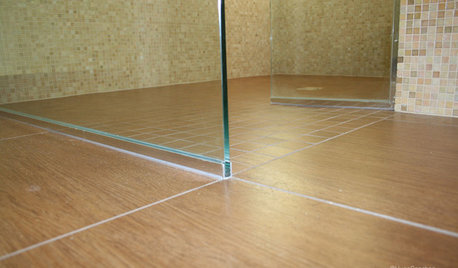
TILEEpoxy vs. Cement Grout — What's the Difference?
Grout is grout, right? Nope. Cement and epoxy versions have different appearances, durability and rules of installation
Full Story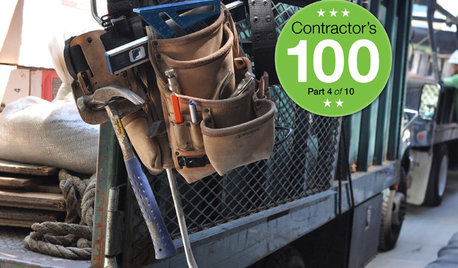
REMODELING GUIDESContractor Tips: What Your Contractor Really Means
Translate your contractor's lingo to get the communication on your home project right
Full Story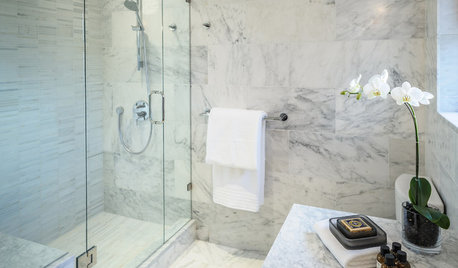
BATHROOM DESIGNConvert Your Tub Space Into a Shower — the Tiling and Grouting Phase
Step 3 in swapping your tub for a sleek new shower: Pick the right tile and test it out, then choose your grout color and type
Full Story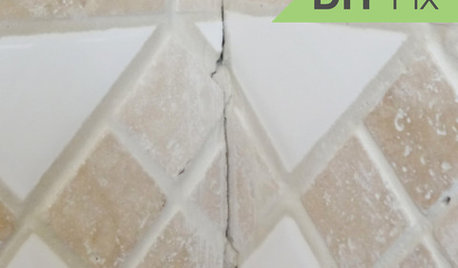
BATHROOM TILEQuick Fix: Repair Cracked Bathroom Grout
Banish an eyesore and safeguard your bathroom from water damage in 30 minutes or less with this DIY repair
Full Story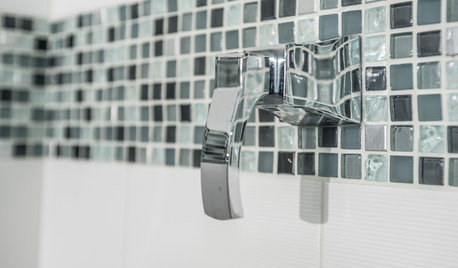
TILE3 Key Steps for Grouting That Looks Its Best
Get your grout right to keep your tile beautiful and for an installation that will last
Full Story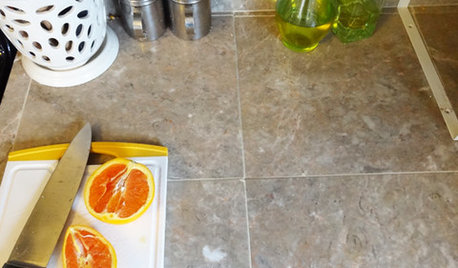
HOUSEKEEPINGHow to Clean Grout — Stains and All
If your grout is grossing you out, this deep-cleaning method will help it look new again
Full Story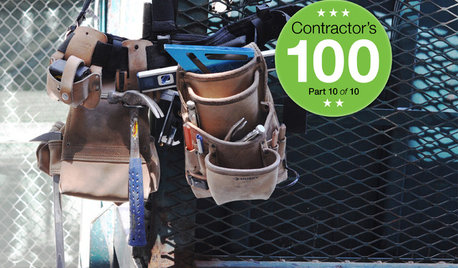
REMODELING GUIDESContractor's Tips: 10 Things Your Contractor Might Not Tell You
Climbing through your closets and fielding design issues galore, your contractor might stay mum. Here's what you're missing
Full Story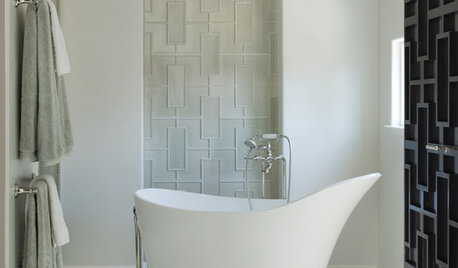
REMODELING GUIDESContractor Tips: How to Install Tile
Before you pick up a single tile, pull from these tips for expert results
Full Story
CONTRACTOR TIPSContractor Tips: 10 Home Areas That Likely Need a Pro
Safety, less cost and better aesthetics on a home improvement project may rest in the hands of an expert
Full Story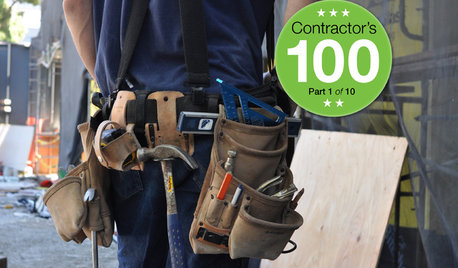
MOST POPULARContractor Tips: Top 10 Home Remodeling Don'ts
Help your home renovation go smoothly and stay on budget with this wise advice from a pro
Full Story





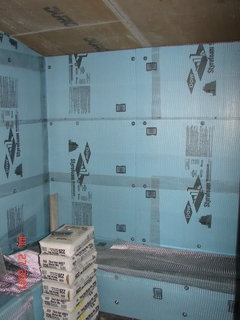


boymomOriginal Author